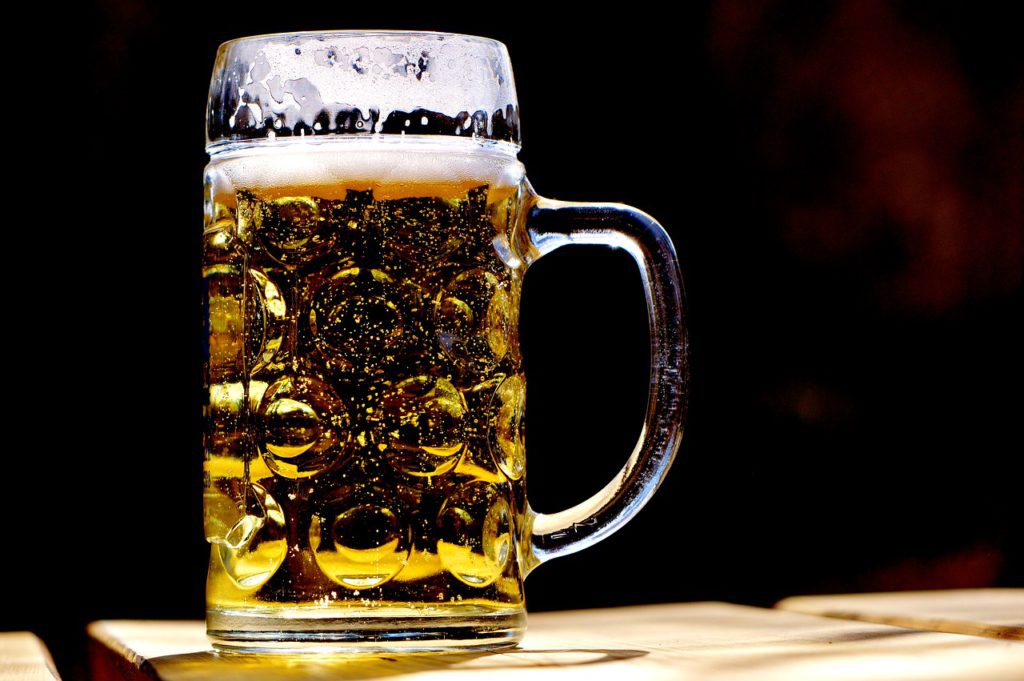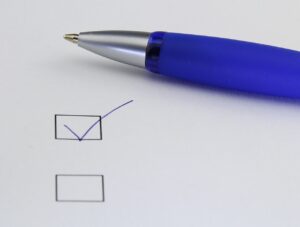The Welsh Conservatives have called for a review of Wales’ minimum unit price (MUP) for alcohol laws after its effectiveness has been cast into doubt after a series of negative consequences have emerged.
Commenting, Welsh Conservative and Shadow Health Minister Russell George MS said:
“It has become increasingly clear that Labour’s minimum alcohol price is having a whole host of unintended consequences from pushing people to take drugs and sacrifice heating and eating, all the while failing to fulfil its very purpose to drive down heavy drinking.
“We warned the Labour Government at the time that pushing this law through without an expiry date or safeguards could trigger a whole host of negative results, but we were ignored.
“We do not see enough post-legislative scrutiny in the Senedd and I believe, given the evidence we are seeing from Scotland, that we revisit the law in Wales to test whether it is fit for purpose with a review of the MUP.”
The call comes after:
- A new study strongly suggested the MUP – a law pushed through by the Labour Government in Cardiff two years ago – does not curb drinking for more vulnerable consumers;
- Experts warned it was driving people to cheap street drugs, linked to hundreds of deaths;
- Public Health Scotland found that MUP had led problem drinkers to sacrifice heating and eating to pay for alcohol; and
- Labour MSs – who also stood as Cooperative Party candidates – were accused of hypocrisy for supporting the law while the Co-op shop pushes cheap alcohol in online offers.
Consumption among the 5% of the heaviest drinkers in Scotland – which passed the MUP shortly before it was introduced in Wales – had increased after the price control was introduced.
Also this summer, statistics confirming Scotland remains the drug death capital of Europe prompted The Scottish Drugs Forum (SDF), a leading addiction group, to state it believed some young people are being driven by the MUP to make use of cheaper street drugs.
More than half (16/30) of Labour MSs are also Cooperative Party representatives, seven of which are members of Mark Drakeford’s cabinet including Economy Minister Vaughan Gething, Education Minister Jeremy Miles, and Deputy Minister for Mental Health Lynne Neagle.




